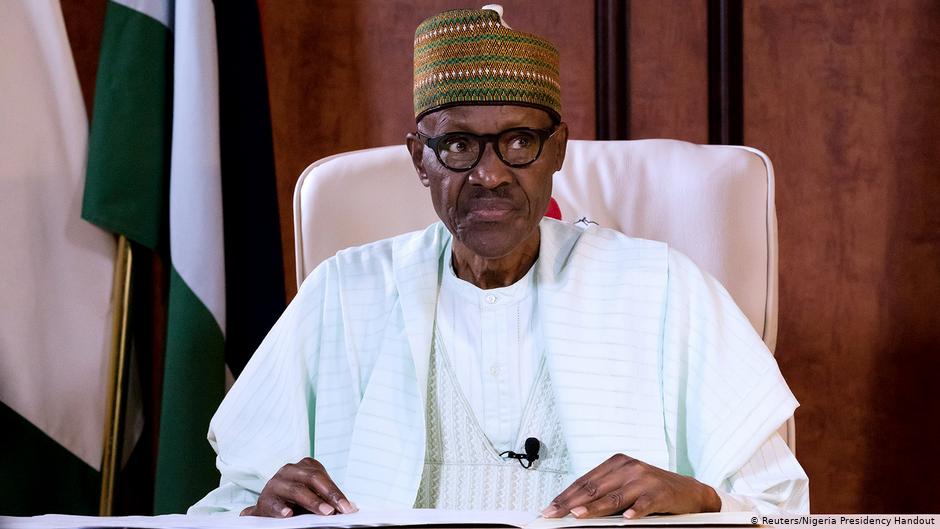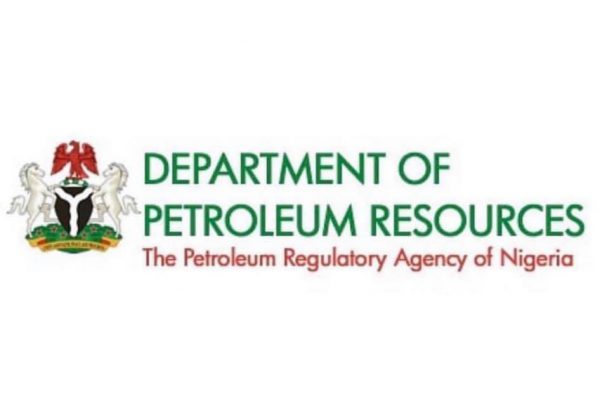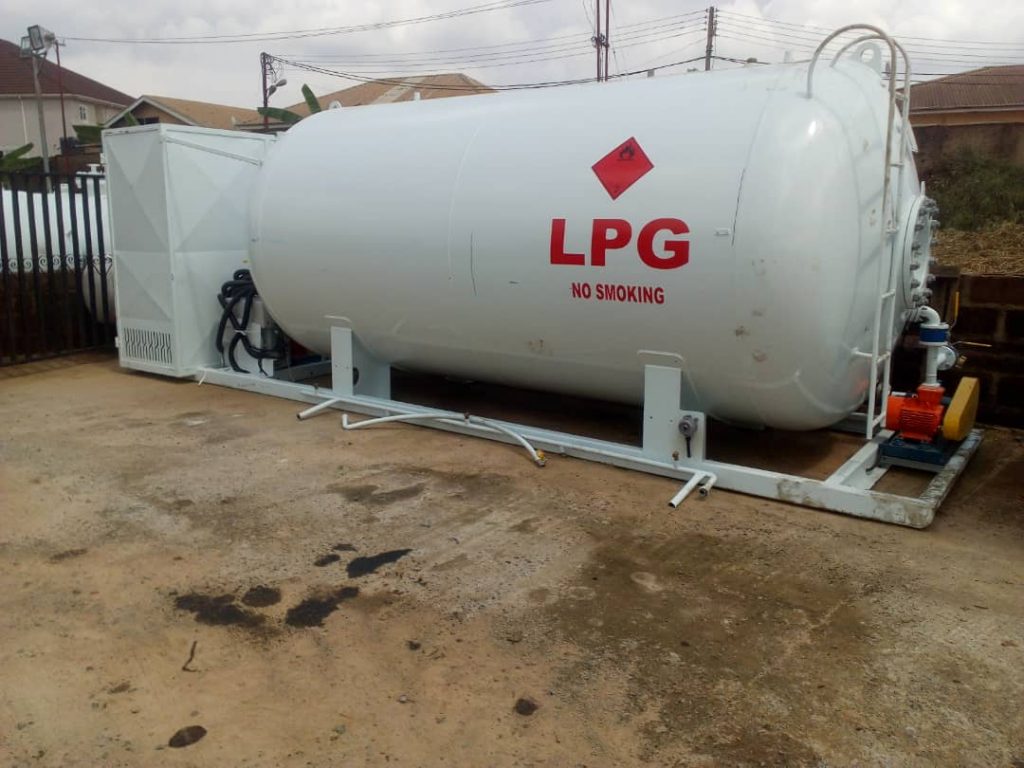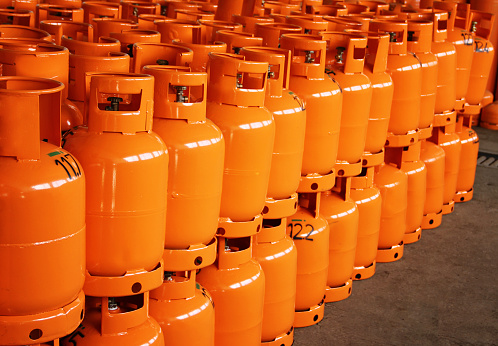Green energy consumption is notably becoming quite popular worldwide and also gradually gaining ground in Nigeria as well. The federal government of Nigeria is already gaining quite the momentum by implementing policies that will reduce greenhouse pollution, reduce deforestation and accidents from traditional fuels. This the government hopes to achieve by perfecting a policy to extend an equalization scheme to Liquefied Petroleum Gas (LPG). The executive secretary of Petroleum Equalisation Fund in the person of Mr Ahmed Bobboi stated that the federal government was also considering lifting petroleum products, particularly Premium Motor Spirit (PMS), by railway, especially with the expansion of the railroad network across the country.
The secretary notes that the high demand for petrol has increased the level of equalized petroleum products from about 30% to over 100%. This is mainly due to poor infrastructure, which was primarily the reason behind the creation of the agency in the first place for about 45 years and surprisingly this problem still persists. The fund was saddled with the responsibility of reimbursing petroleum products marketing companies for the losses suffered by them. This owes to the fact that the sale of these petroleum-related products is sold at uniform prices throughout the nation.
With the equalization of gas, it becomes possible for these products to become cheaper and accessible across the country, adding the benefits that deforestation and the health hazard of cooking with firewood will drastically reduce. Reports show that about 850 million Africans still depend on solid fuels (biomass) for cooking. This dependence according to the African Refiners and Distributors Association (ARDA), has caused over 600,000 deaths in Africa yearly due to household air pollution.
In the words of Bobboi, the intent to expand the equalization scheme is being shaped along with related agencies and planned to align with the Petroleum Industry Bill (PIB). He also noted that gas is an important commodity, which should be made cheaper and accessible which will, in turn, improve the country’s economy in the long run. He also stated that since the fund has been able to equalize petrol for over 45 years then the expansion to gas, especially in this new decade of gas, will add value to the economy. Hence, it is safe to say that the country is about to enter a new and profitable adoption of LPG services.





